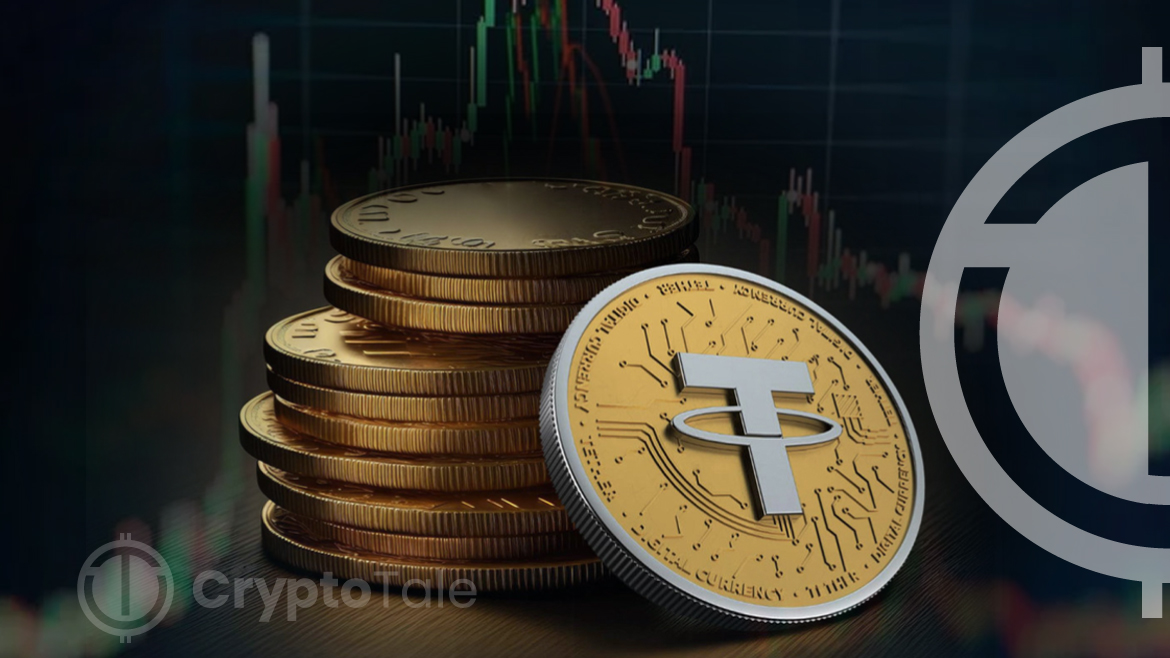- Tether’s market cap reaches $107.3 billion, asserting dominance in the digital currency space across emerging markets.
- CEO Paolo Ardoino announces a $500 million investment in Bitcoin mining, expanding company assets.
- Ripple announces a USD-backed stablecoin, setting the stage for direct competition with Tether in the stablecoin market.
Tether, the leading provider of digital dollars in emerging markets, has reached a market cap of $107.3 billion, asserting dominance in the digital currency space. Tether provides a stable financial instrument amid volatile markets. This stability is crucial in regions experiencing rapid currency devaluation, offering a reliable alternative to traditional financial systems. For many lacking access to banking services, Tether offers not just transactional opportunities but also a secure savings repository.
Previously, Tether announced a significant expansion into Bitcoin mining with a $500 million investment. CEO Paolo Ardoino shared this strategic move, aiming to widen the company’s revenue streams beyond stablecoin issuance. This decision marks Tether’s commitment to innovation and positions it as a multifaceted player in the cryptocurrency domain.
In countries where economic instability is common, Tether’s role is increasingly vital. It provides a semblance of financial security for individuals who might otherwise be excluded from the economic mainstream. These efforts underscore Tether’s key role in not just digital transactions but in economic resilience and empowerment.
Stablecoins, such as Tether, are important well beyond simple financial transactions. Tether is key in promoting financial inclusivity. Unlike speculative assets favored by the affluent, Tether serves a practical purpose for the underbanked. By utilizing blockchain technology, these digital currencies facilitate secure and efficient financial dealings without the infrastructure of traditional banks.
Additionally, stablecoins combat the inherent volatility associated with cryptocurrencies. They provide the stability of fiat currencies while benefiting from the decentralization and digital nature of blockchain technology. This dual advantage makes them essential for integrating decentralized finance (DeFi) with conventional financial systems, bridging a significant gap in the financial inclusion landscape.
Meanwhile, Ripple is targeting this lucrative market with plans to launch a USD-backed stablecoin. This initiative will directly compete with Tether, leveraging Ripple’s existing infrastructure and financial technology prowess. Ripple’s entry will not only diversify the stablecoin market but also intensify competition, promising enhanced innovations and options for users.
Tether’s venture into Bitcoin mining illustrates a strategic pivot to leverage its market position and capitalize on new growth areas within the crypto space. This expansion is not just about growth but also about stabilizing the ecosystem and providing varied services to its users, ranging from stable transactions to investment opportunities in mining operations.






